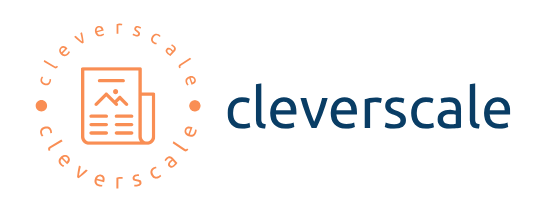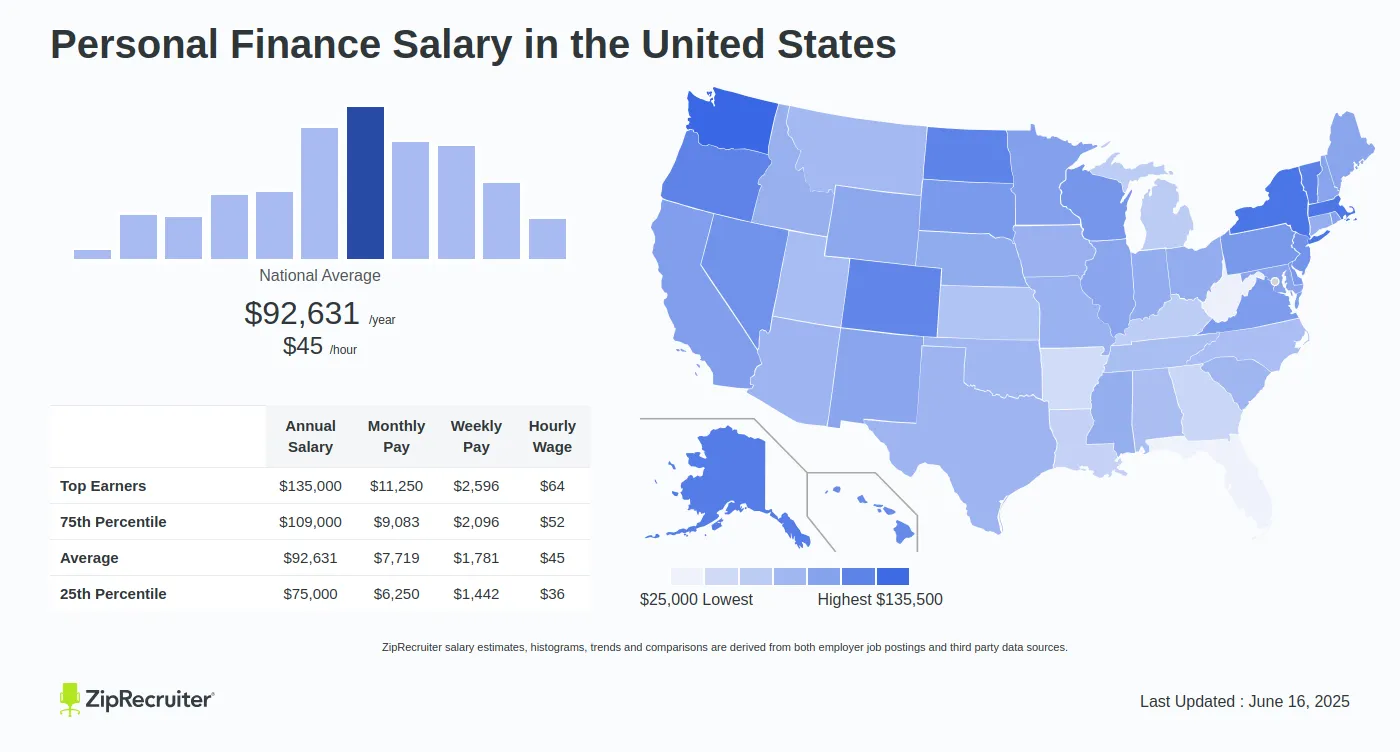
The derivatives market can be confusing for beginners. Here, traders buy and sell financial contracts that derive value from an underlying asset. The asset could be a stock in the share market, for example. The value of a derivatives contract fluctuates with every dip and rise of the stock price. Traders bet on these movements to book profits through futures and options contracts.
Understanding futures and options
A futures contract is a financial agreement between a buyer and a seller. The buyer agrees to buy a set of assets (e.g. a pre-decided number of shares) from the seller by a specific expiry date for a predetermined price. Futures contracts are traded freely on the stock exchanges. It is possible to buy and sell futures contracts even when share trading online.
An options contract is like a futures contract but with one key difference: You are not obliged to buy or sell the underlying asset by the expiry date.
There are two types of options: call option and put option.
· Call option
The buyer has the right to purchase the asset at a predetermined strike price on or before the date of expiry. Here, the buyer pays a premium to the seller. If the asset value increases, the value of the call option rises too.
· Put option
The seller has the right to sell the asset at the strike price any time before expiry. Any decrease in the underlying asset value makes the put option more lucrative. So, the contract protects the seller from the risk of loss.
Trading futures and options contracts
Buying and selling derivatives in the share market is complex. Take a quick look at how it all works.
- Trading futures: Buying a futures contract is like buying shares but not taking delivery yet. When trading in equities, you must pay the full value of the shares upfront. This is the margin money.
Whenever you settle the contract (buy or sell), the purchase or sale price is the asset’s closing price on that date. If exiting the contract before expiry, you have two choices: (1) settle the contract by paying or collecting the dues; (2) write an opposing contract to nullify the trade.
- Trading call options: You buy a call option by paying a premium. But this is not the full price of the underlying asset. So, a buyer will lose only this amount if the stock moves adversely. The seller, however, stands to lose a substantial sum and must deposit a margin as security. For volatile contracts, this margin may go up to 60%.
To settle a call option, the buyer either pays the dues or squares off their position by selling an identical set of call options. Meanwhile, a seller has to buy equivalent call options to square off the trade.
- Trading put options: The put option works like the call option. But whereas you buy a call option expecting the share market to appreciate, you buy a put option in bearish times.
Again, to settle the contract, one could pay off the dues or write an opposing trade.
Conclusion
Futures and options allow you to profit from the shares sitting idle in your account. You can transfer the risk in your portfolio by employing derivatives contracts efficiently based on how the share market is moving. But to do this well, it may help to open a trading account with a broker of good standing like Kotak Securities. They have dedicated research teams that provide regular reports and analysis on the derivatives market. With research and the right trading strategies in place, you can take advantage of the derivatives trade.

